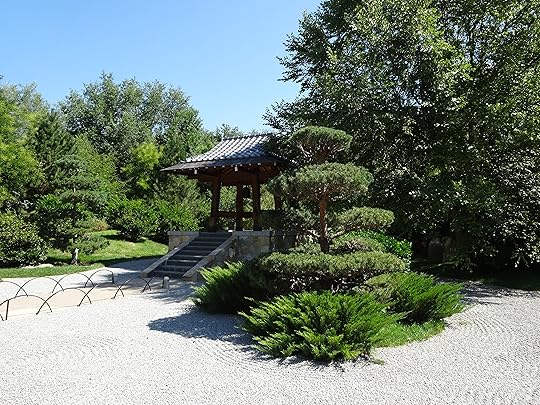Lessons Learned from Thoreau
Henry David Thoreau had a gift for turning the everyday into the extraordinary. Take walking. We do this each day. We walk to the subway, the bus, or – as most people do – our car. But it’s usually a purely pragmatic act – a way of getting somewhere or working out. But for Thoreau, walking was a philosophical, even spiritual, act.
Thoreau devoted an entire essay called “Walking” to the subject. Here, he takes on the tone of an extremist. He explains that there’s a big difference between real walkers and wannabes. He calls real walking sauntering. Real walkers don’t walk for transportation or fitness. They walk to experience a mixture of spiritual ecstasy and inner warfare: “every walk,” he says, “is a sort of crusade.”
Wannabe walkers take two forms. The first consists of idlers. “Idlers” sit still in their houses, never exploring nature on their own two feet. Then there are the “faint-hearted…vagabonds.” Vagabonds walk, but for the wrong reasons. Some walk to tour the countryside, “where half the walk is but retracing our steps.” Others – Thoreau calls them “dumbbell swingers” – walk to get a workout.
I’m normally not a huge fan of any form of extremism, and I’m a bit of a dumbbell swinger when it comes to walking. But, I propose that we explore Thoreau’s radical practice of walking philosophically.
This is no easy task. In “Walking,” Thoreau outlines three key principles that real walkers must follow:
The Tree Climbing Principle –Thoreau recommends: “to elevate ourselves a little more…we might climb a tree.” Apparently, he found himself – in all senses – on the top of a pine tree on a June day in Concord. You may not be physical able to climb a tree, but find one that ‘calls’ out to you and sit as close as you can to it.
The Magnetism Principle – This one’s tricky. Most walkers follow a trail or a plan. Thoreau rejects this practice. Following plans, maps, and trails is what tourists do, not walkers. Real walkers, says Thoreau, move according to “the subtle magnetism in Nature.” If we “unconsciously yield to it,” Thoreau says, this magnetic force of nature will “direct us aright.” This should make things interesting as you walk.
The Time Principle – A 20-minute walk through the neighborhood won’t do. Instead, Thoreau places a time constraint on aspiring walkers: “I think that I cannot preserve my health and spirits,” he says, “unless I spend four hours a day at least…sauntering through the woods.”
As your walks progress, it may not hurt to follow these principles, though I believe many may have to cheat on the last one. For most of us, strict adherence to the time principle is impossible. However, plan to walk each day and to explore Thoreau’s practice of walking philosophically.
If you believe Thoreau, this practice offers huge benefits. For one thing, he says that it brings us in touch with “wildness.” When we explore areas “not yet subdued,” we drop into a deeper level of awareness, beneath our thoughts and stories about the world. This “wildness” leaves us “alive” and “refreshed.”
He also says that this practice draws us into the present moment. The cool breeze, the sunset, and the sound of birds chirping – all of these events happen in the moment. In Thoreau’s words, their “philosophy comes down to a more recent time than ours.”
That’s what happened for Thoreau. Now let’s see what can happen for us.




